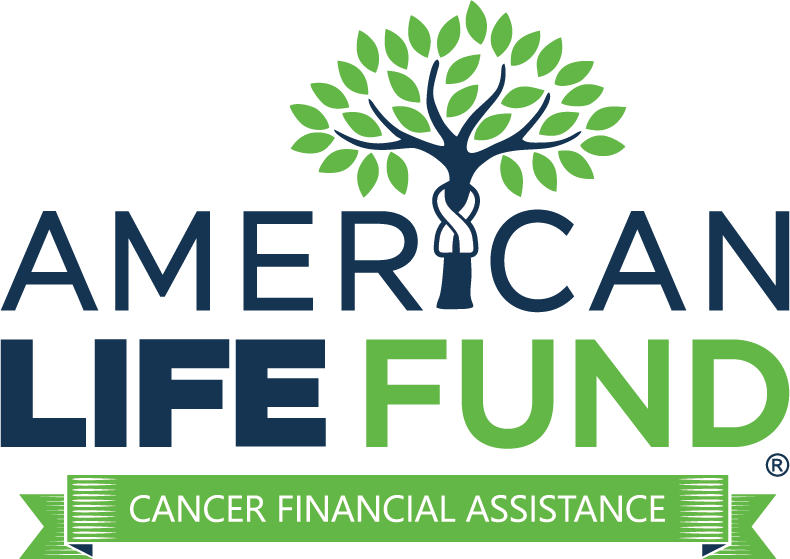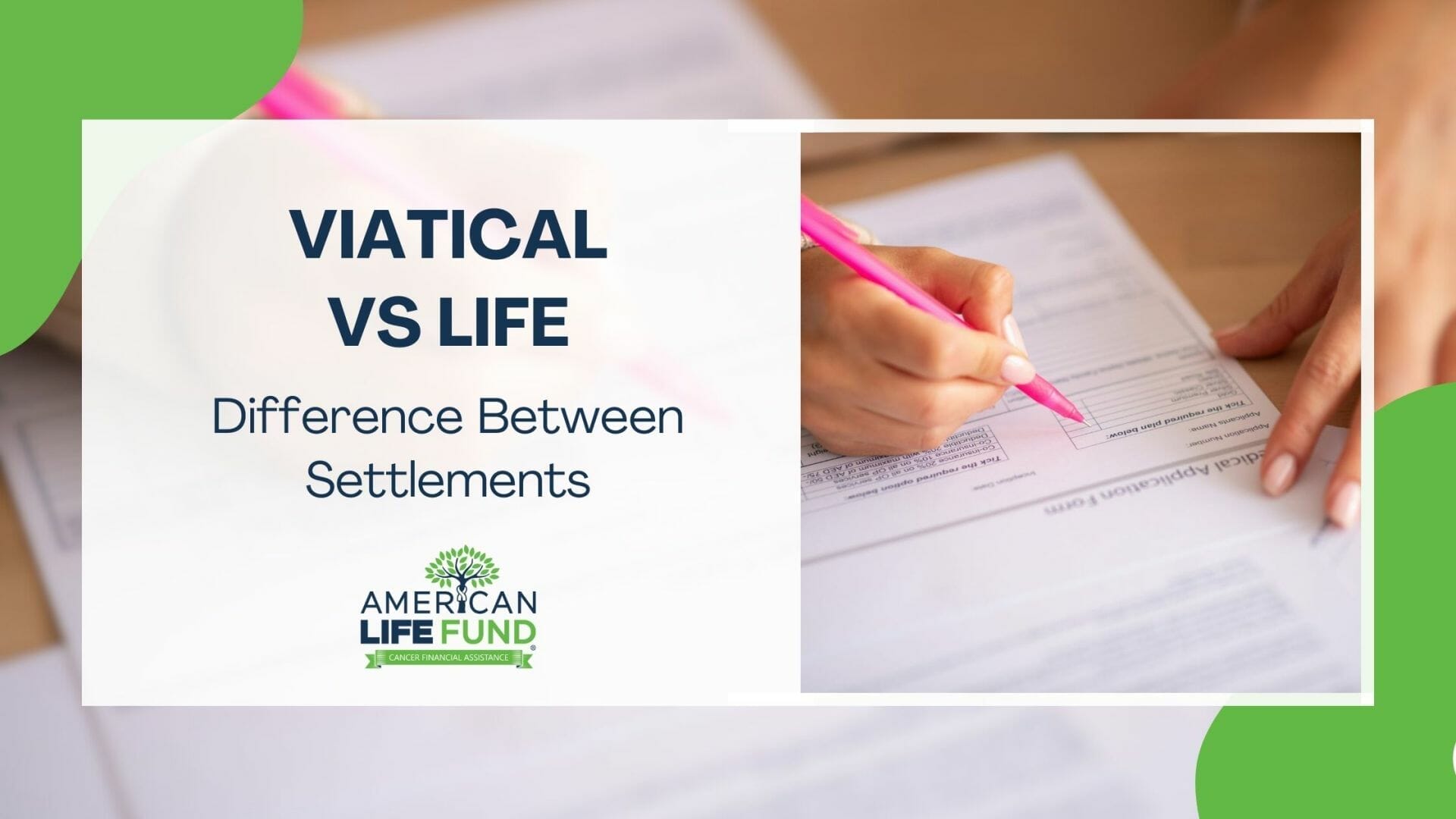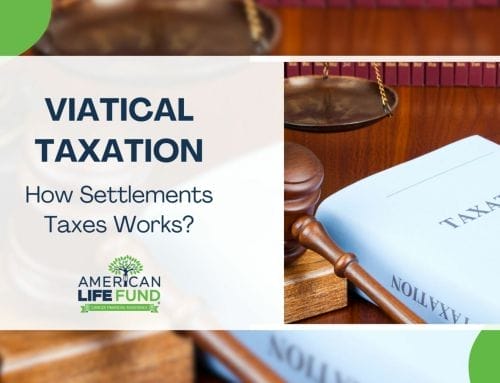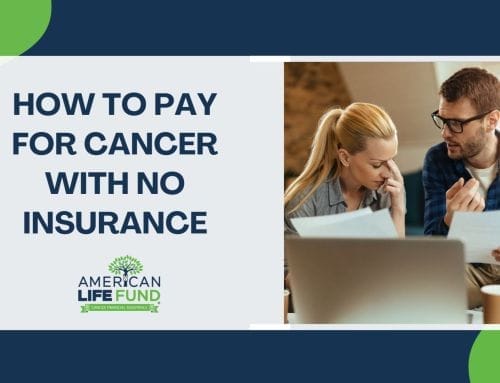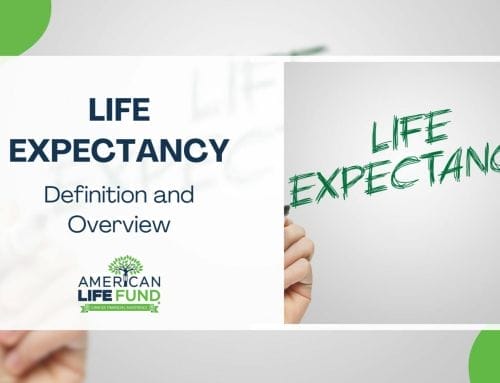Life insurance policies protect your loved ones, ensuring they have financial security even in your absence. However, circumstances change, and there might come a time when maintaining your policy no longer matches your financial goals. The need or desire to monetize your life insurance policy may arise, whether due to a change in beneficiaries, financial hardship, or a serious health condition.
Policyholders are usually aware of only two options: surrender the policy or let it lapse. Both scenarios are less than optimal. Surrendering the policy before it matures often results in receiving a value much less than the potential death benefit, with the policy’s surrender charges further reducing the amount. On the other hand, letting the policy lapse to avoid further premium payments means forfeiting the death benefit altogether and losing the premiums already paid.
Thankfully, there are other options. It’s possible to sell your life insurance policy through either a life settlement or a viatical settlement, providing an avenue to receive a lump sum of cash instantly while not having to pay for the premium anymore. This alternative offers financial relief and makes sure you receive a value higher than the policy’s cash surrender value.
At the core, both life settlements and viatical settlements revolve around the concept of selling your life insurance policy to a third-party investor for an immediate cash payout. This article explains the differences between viatical settlement vs. life settlement, covering eligibility, benefits, taxes, and process details.
Key Takeaways
- Viatical settlements are for individuals with life-threatening illnesses, providing higher payouts due to shorter life expectancy, at times falling between 50% to 70% of the policy’s death benefit.
- Life settlements are more suited for healthier seniors, yielding a payout between 10% and 25% of the policy’s death benefit.
- Tax implications are significant: viatical settlements are usually tax-free at the federal level, while life settlements have tax implications based on the amount received over total premiums paid.
- Engaging with reputable settlement companies streamlines the process, ensuring fair valuation and compliance with legal requirements.
- The decision between a viatical or life settlement heavily depends on personal circumstances, health condition, and financial needs, requiring a thorough assessment and often professional consultation.
Understanding Viatical and Life Settlements when Selling Life Insurance Policies
The ability to sell your life insurance policy is supported by two primary routes: viatical settlements and life settlements. These settlements occur in secondary markets where life insurance policies are bought and sold. Understanding the nuances, eligibility criteria, and tax implications empowers a life insurance policyholder to make informed decisions that best align with their financial and health circumstances.
What Is a Viatical Settlement?
A viatical settlement is a financial transaction in which a policyholder with a life-threatening illness sells their life insurance policy to a third-party buyer, usually a viatical settlement company, at a discounted rate in exchange for an immediate cash payout. This payout is typically more than the policy’s cash surrender value but less than its death benefit. The buyer takes over the premium payments and becomes the beneficiary, ultimately receiving the death benefit upon the seller’s passing.
Who Qualifies for a Viatical Settlement?
Eligibility for a viatical settlement hinges on the policyholder’s health condition. Individuals diagnosed with a serious illness, having a life expectancy of less than two years, generally qualify. However, specific eligibility criteria may vary among different viatical settlement companies and state regulations.
Valuing a Viatical Settlement
The valuation of a viatical settlement is determined by several factors, primarily the insured’s life expectancy and the insurance policy’s terms. The shorter the life expectancy, the higher the payout tends to be. Other factors include the face value of the policy, the type of insurance policy, and the cost of future premiums. Dealing with professional viatical settlement providers helps obtain a fair valuation for your policy.
Why Choose a Viatical Settlement?
Opting for a viatical settlement reduces financial strain, providing immediate funds for medical treatments, paying off debts, or fulfilling personal desires. It’s a great choice when facing a serious illness, especially when the policy’s premiums become too much or the initial purpose of the insurance policy no longer exists.
What Is a Life Settlement?
A life settlement is a transaction in which a policyholder sells their life insurance policy to a third-party investor for a one-time cash payment that is more than the cash surrender value but less than the death benefit. Life settlements are usually chosen by seniors who no longer need or can afford the policy or whose beneficiaries’ circumstances have changed.
Eligibility Criteria for a Life Settlement
Eligibility for a life settlement is typically based on age, health, the type of insurance policy, the policy’s face value, and the cost of premiums. Unlike viatical settlements, life settlements are more suited for individuals who are senior-aged and not seriously ill.
Valuing a Life Settlement
The valuation in life settlements is influenced by factors like the insured’s age and health, the type of insurance policy, the face value of the policy, and the cost of future premiums. Typically, the payout ranges between 10% and 25% of the policy’s death benefit. A life settlement provider helps appraise the policy and simplifies the transaction.
Why Choose a Life Settlement?
Life settlements provide a significant financial resource for seniors looking to enhance their retirement funds, cover medical expenses, or finance other life ventures. It’s worthwhile considering whether the life insurance policy is no longer needed or the premiums have become unaffordable.
Similarities Between Viatical and Life Settlements
Viatical and life settlements allow policyholders to monetize their life insurance policies. They involve selling the policy to a third-party buyer who then assumes the responsibility of premium payments and becomes the policy’s beneficiary.
Getting A Lump Sum Payment of Money
Viatical and life settlements provide policyholders with a lump sum of money, which can be a financial lifeline in challenging times. The amount received from these settlements may be used for various purposes, including paying off debts, covering medical expenses, or improving the quality of life during retirement or a serious illness.
The Third-Party Processing Mechanism
Both settlements involve transferring the ownership and beneficiary designation of the life insurance policy to a third party. This third party continues to pay the policy’s premiums and, in return, receives the death benefit upon the original policyholder’s passing.

Differences Between A Viatical Settlement vs. Life Settlement
Although viatical and life settlements may seem similar, they cater to distinct demographic and health status groups and have different regulatory and tax implications.
Amount of Money Received
The amount of money you should expect from a viatical or life settlement largely depends on a combination of factors, including the policy’s face value, the premiums, the life expectancy of the insured, and the type of policy being sold.
Here’s a comparative breakdown:
Viatical Settlements:
In viatical settlements, the amount received is often significantly higher than in life settlements. This is typically due to the seller’s shorter life expectancy. The payout may range between 50% to 70% or more of the policy’s death benefit. The health condition of the policyholder accelerates the timeline for the investor to receive the death benefit, increasing the settlement offer.
Life Settlements:
Life settlements generally fetch a lower payout of 10% to 25% of the policy’s death benefit. The seller’s longer life expectancy implies a longer duration for the investor to cover the premium payments before they receive the death benefit. This extended timeframe usually results in a lesser payout to the policyholder.
Eligibility Criteria: Health and Age
Viatical settlements are primarily for individuals who have a life-threatening illness, irrespective of their age, with a life policy of $150,0000 or more. On the other hand, life settlements are generally targeted towards healthier seniors, typically aged 75 and above, with a life insurance policy of $150,000 or more.
Tax Implications: What to Expect
Tax implications play a major role when considering either settlement. Generally, viatical settlements are tax-free at the federal level due to the severe health conditions of the policyholder, although some state taxes may apply.
Life settlements, on the other hand, have tax implications based on the amount received over the total premiums paid into the policy. To understand the full tax implications, it is advised to consult a tax or financial advisor.
Alternatively, speak to American Life Fund today to see if you qualify for a viatical settlement.
Medical Requirements: A Closer Look
The medical underwriting process in both settlements is necessary in determining eligibility and valuation. In order to give you the maximum payout, viatical settlements require a more extensive look at medical conditions, records and documentation of the illness, whereas life settlements may require a simpler health assessment, given they are often targeted at healthier seniors.
Deciding Between a Viatical or Life Settlement
Determining between a viatical or life settlement requires a delicate balance of practical considerations and personal reflection. Your choice will ultimately be influenced by your unique circumstances, health prognosis, and the financial needs you face. Here’s a closer examination of the factors you should consider:
Assessing Your Personal Circumstances
Understanding your financial situation and the urgency of your needs is key to determining the best settlement option for you. Consider the immediacy of your financial requirements and how your health condition impacts your eligibility for either settlement. Remember, a settlement can provide a much-needed cash infusion, potentially relieving some of your immediate financial concerns.
Implications for Your Beneficiaries
When considering a viatical or life settlement, consider not just your financial future but also the future of those you care about most. Reflect on how each settlement type will affect the financial security of your beneficiaries, particularly regarding the forfeiture of the death benefit. While a settlement can provide immediate relief, it’s essential to consider the long-term implications for your loved ones and their financial protection.
Benefits: A Look at Potential Payouts
Comparing the potential payouts of both viatical and life settlements against factors such as premiums saved and the cash surrender value of your policy can provide valuable insights. Analyze the financial benefits of each settlement option meticulously, considering the immediate cash infusion and the long-term ramifications. By assessing the reasons and benefits, you can make a more informed decision that aligns with your financial objectives and overall well-being.
Qualification Criteria: Health, Age, and Policy Metrics
The qualification for either settlement heavily depends on the policyholder’s health status, age, and the specifics of the insurance policy, such as the type, face value, and premium costs. Understanding these metrics is important in determining eligibility and the potential financial benefit from the settlement.
Tax Implications: Understanding the Financial Impact
A tax professional can provide insight into how settlement proceeds will be taxed based on various factors, such as the policy’s ownership, the amount received, and the intended use of the funds. Different tax rules and rates may apply depending on whether the settlement proceeds are considered income or a capital gain, and these determinations can vary based on individual circumstances and jurisdictional regulations.
Engaging with A Viatical Settlement Company
Handling the complexities of life and viatical settlements can be daunting, so partnering with a professional settlement company such as American Life Fund, specializing in these transactions, is a wise choice. We do the heavy-lifting for you to streamline the process and provide the reassurance you need regarding your financial future.
Here’s how we work together to achieve this:
Initial Consultation:
- Policy Assessment: In our initial consultation, we carefully evaluate your policy, health condition, and other pertinent factors to offer a preliminary estimate tailored to your circumstances.
- Education: We believe in equipping you with knowledge. During this stage, we will guide the process, legal requirements, and what you can expect throughout the transaction, ensuring you feel informed and supported at every step.
Documentation and Evaluation:
- Gathering Documents: Your cooperation in providing necessary documents such as the insurance policy, recent premium statements, and medical records is essential. These documents help us assess your situation accurately and efficiently. However, we are also able to gather these documents on your behalf if you don’t have them on-hand.
- Medical Underwriting: We conduct a thorough process to determine your life expectancy. This critical factor significantly influences the offer amount. Rest assured, your privacy and confidentiality are paramount throughout this process.
Closing the Transaction:
- Legal Compliance: Our commitment to compliance means ensuring all legal formalities are meticulously followed by state laws governing viatical settlements. Your peace of mind is our priority.
- Funds Transfer: Upon successful closing, the funds are transferred to you promptly, and the new policy owner assumes responsibility for the policy. We strive to ensure a smooth and seamless transition for you.
Post-Transaction Services:
- Record Keeping: As part of our ongoing support, we offer services such as record-keeping and providing necessary documentation for tax purposes, simplifying your financial management.
- Advisory: Our team may also provide advisory services to assist you in managing the proceeds tax-efficiently, offering personalized guidance tailored to your individual needs and goals.
At American Life Fund, we recognize the significance of this decision and its impact on your life. That’s why we are committed to working closely with you, offering support, and guiding you through the process with transparency, integrity, and professionalism.
Why Opt for a Viatical or Life Settlement?
Choosing a viatical or life settlement provides immediate cash relief by selling a life insurance policy. It eliminates premium payments, offers flexibility in fund usage, and optimizes underutilized assets. This proactive financial decision brings peace of mind to policyholders and their loved ones, effectively addressing pressing financial needs and uncertainties.
What factors affect how much I would receive from my settlement?
Several factors may influence how much money you would receive from a viatical or life settlement:
- Policy Face Value: Policies with higher face values often attract higher settlement offers.
- Policy Type: Certain types of policies, like universal or whole life insurance, are more favorable in settlements compared to term policies. However, term policies can be favorable due to lower premiums, as long as the insured isn’t expected to outlive the term of the policy.
- Premium Amounts: Lower premium amounts are preferable as they result in lower carrying costs for the investor.
- Life Expectancy: Shorter life expectancy generally results in higher settlement offers.
- Health Condition: The severity of health conditions directly impacts the life expectancy and the settlement amount.
- Market Demand: The demand and supply dynamics in the secondary market for life insurance also play a role in determining the settlement amount.
What is the difference between surrendering vs. selling a life insurance policy?
Surrendering a life insurance policy involves terminating it in exchange for its cash surrender value, typically lower than the potential value attained through life or viatical settlements.
On the other hand, selling a policy through settlements involves transferring ownership to a third party in exchange for a lump sum payment greater than the surrender value.
This option allows policyholders to maximize the financial benefit of their policy while providing immediate liquidity, making it a more lucrative alternative to surrendering the policy.
Summary
Understanding the differences between viatical and life settlements is key to monetizing a life insurance policy. While surrendering a policy provides immediate access to funds, selling it through a viatical settlement offers a higher payout, a huge benefit for beneficiaries.
Viatical settlements cater to individuals with life-threatening illnesses, offering substantial payouts due to shortened life expectancies, while life settlements are more suitable for seniors in fairly good health. The two options differ in tax implications, eligibility criteria, and the valuation process.
Ultimately, deciding between viatical and life settlements depends on personal circumstances, health conditions, and financial needs. Consulting with a reputable viatical settlement company like American Life Fund can help you understand the implications of each option, ensuring informed decision-making and financial security for policyholders and their beneficiaries.
